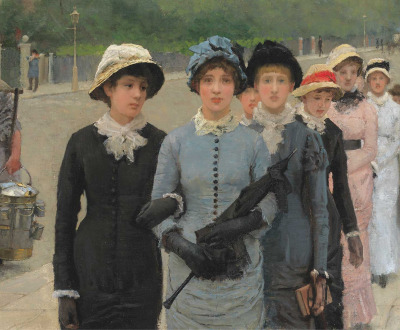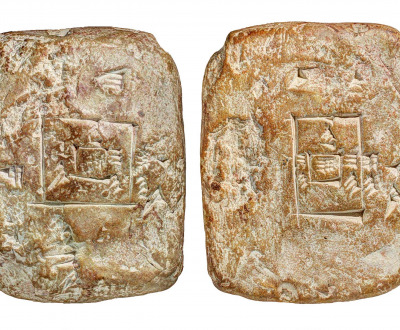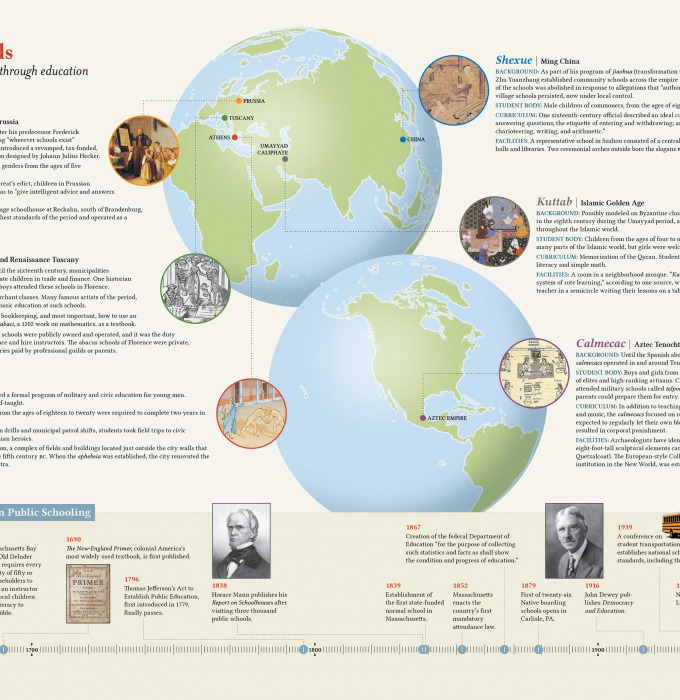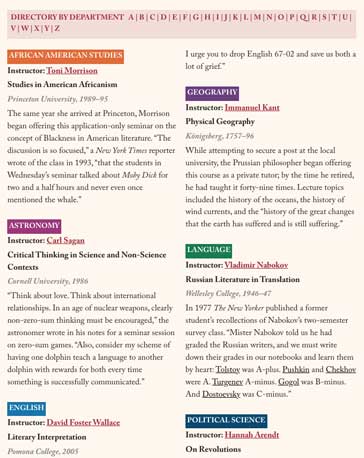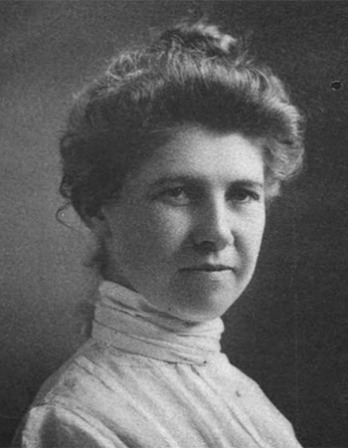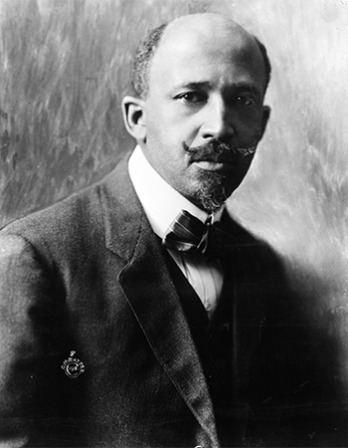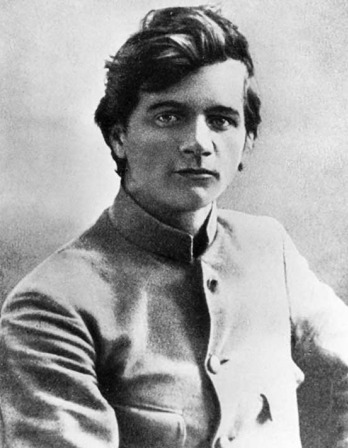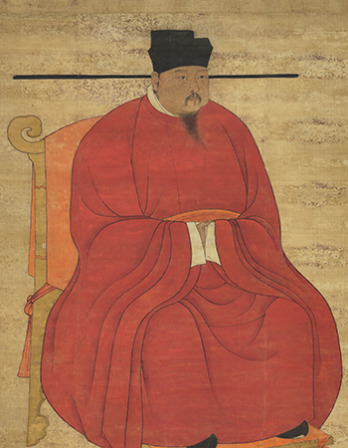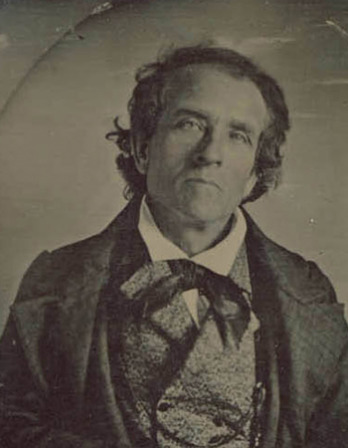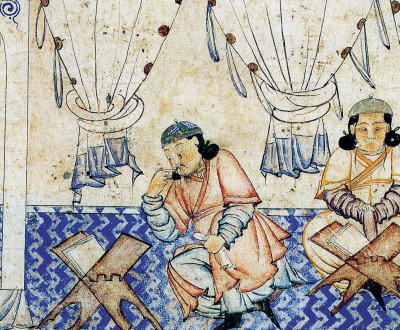
Mongol prince studying the Quran, miniature from a fourteenth-century edition of Rashid al-Din’s Compendium of Chronicles. Universal History Archive / UIG / Bridgeman Images.
VIEW:
Miscellany
After he was captured by pirates, Diogenes of Sinope was sold as a slave to Xeniades, who had the Cynic philosopher educate his sons. “At home he taught them to attend to their own needs,” writes Diogenes Laërtius in his Lives of the Eminent Philosophers, “to live on plain food and water, to wear their hair short and unadorned, to go barefoot and without a tunic, and to be silent and keep their eyes lowered when walking in the streets.”
What does education often do? It makes a straight-cut ditch of a free, meandering brook.
—Henry David Thoreau, 1850